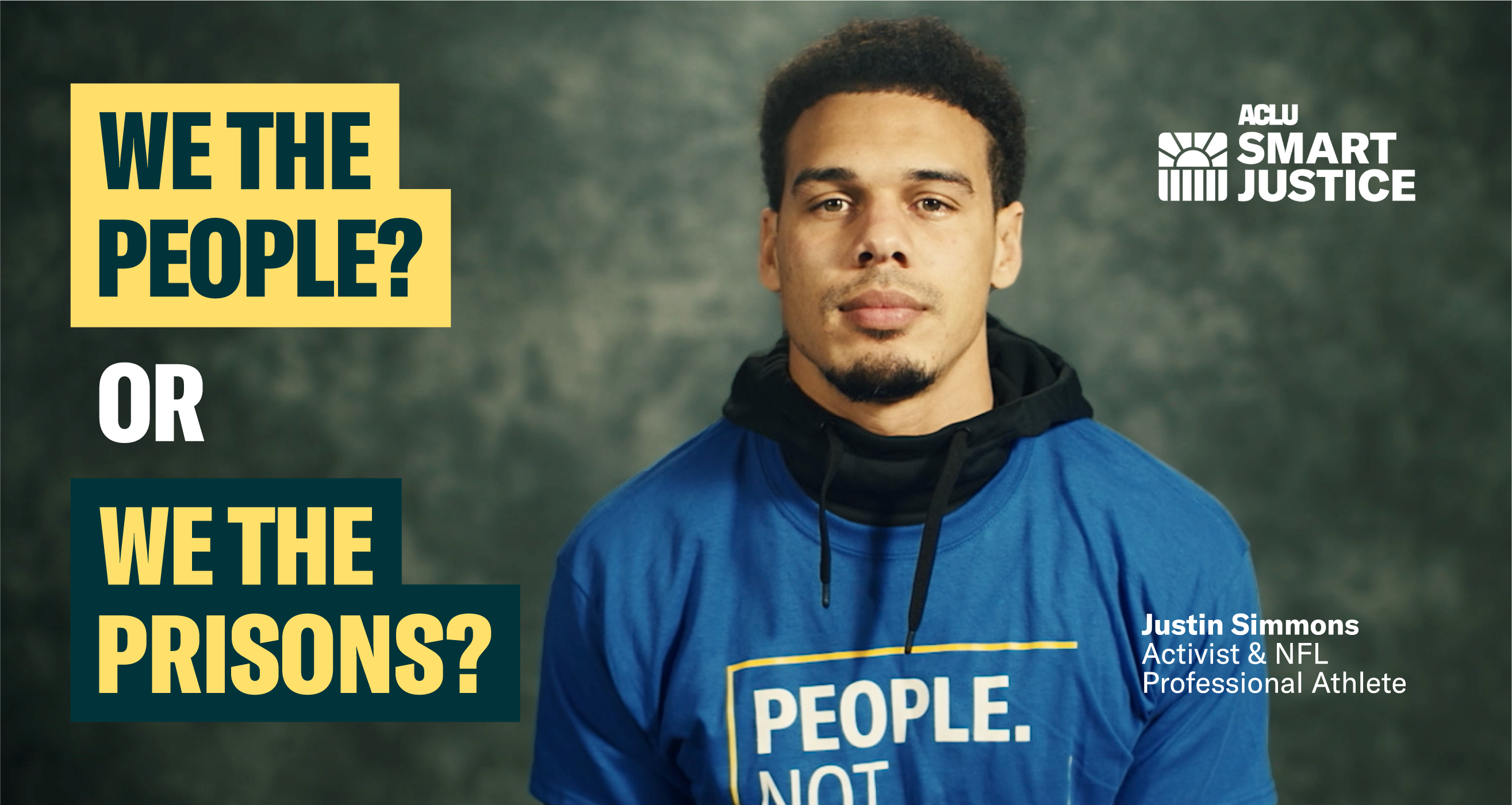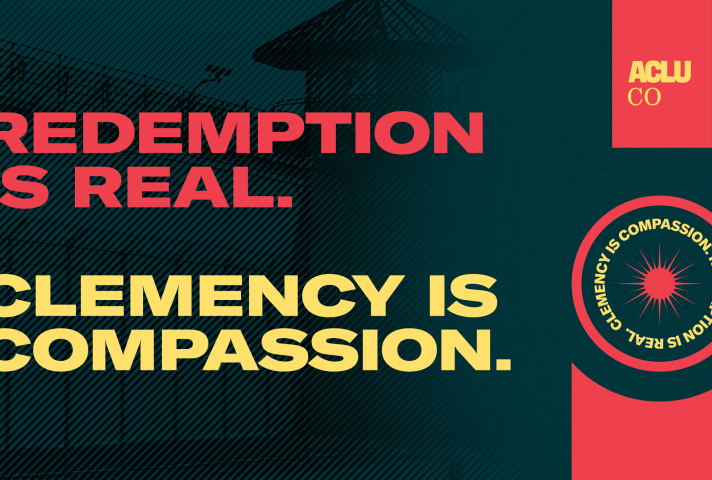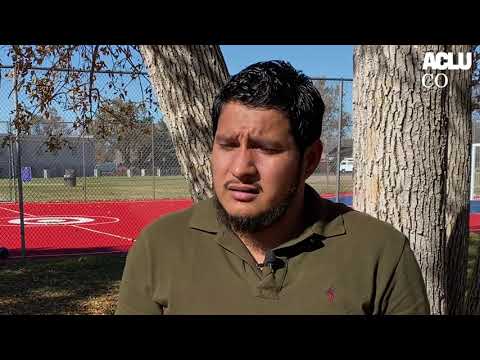The U.S. has the highest incarceration rate in the world. Mass incarceration costs taxpayers billions, and destroys families and livelihoods, without leaving any room for rehabilitation, healing or second chances. Releasing people from a broken prison system is a first step we can take to end racial disparities, reunite families, build safer communities and save thousands of lives during the pandemic. We need you to take action.
Join the ACLU to learn about the Redemption Campaign as we discuss the prison system and our legacy of mass incarceration. Then, help us build a safer, more just future for Colorado by writing to Governor Polis urging him to safely release people from prison through the power of clemency. This is an opportunity hear from family members whose loved ones are incarcerated in state prisons, to ask questions about Colorado’s criminal legal system and to defend civil liberties for all Coloradans.
This event is virtual and free to the public.
Time: January 19, 2021 at 12:00pm
RSVP here

Event Date
Tuesday, January 19, 2021 (All day)Featured image


